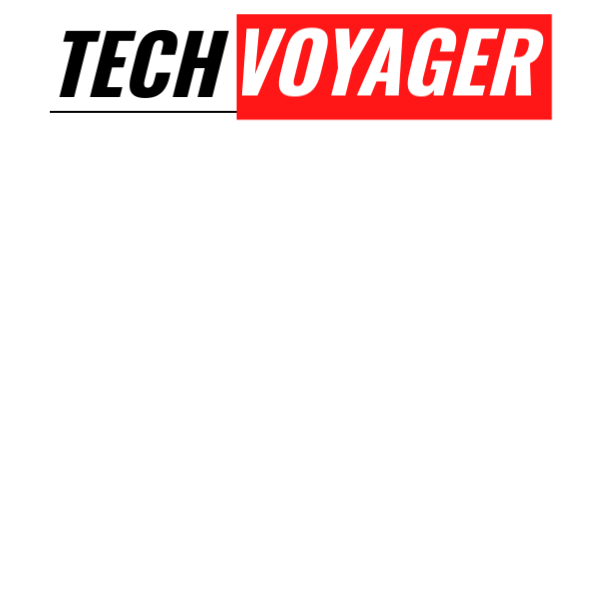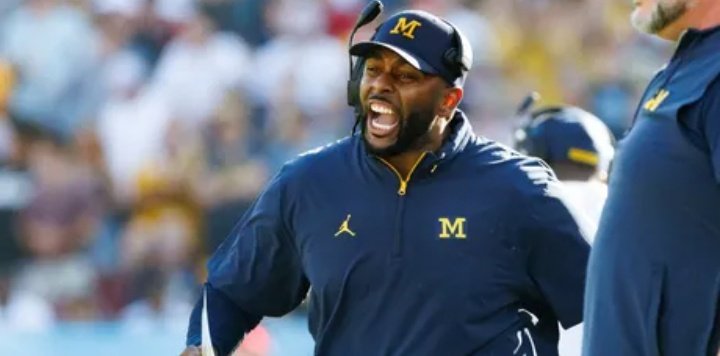In a dramatic escalation of tensions between the University of Michigan and the NCAA, the Wolverines have vehemently rejected proposed penalties related to an alleged sign-stealing scandal, accusing the governing body of “grossly overreaching” its authority.
This standoff centers on accusations that Michigan engaged in impermissible scouting and sign-stealing activities during their 2023 national championship season.
The Allegations
The controversy erupted when reports surfaced alleging that former Michigan staffer Connor Stalions orchestrated a scheme to steal opponents’ play-calling signals. According to the NCAA’s investigation, Stalions allegedly sent individuals to attend future opponents’ games to gather intelligence, a practice prohibited under NCAA Bylaw 11.6.1, which bans off-campus, in-person scouting of future opponents in the same season.
Stalions, who resigned in November 2023 amid the investigation, has maintained that he only used television footage to decode signals and did not break any rules. In the Netflix documentary “Untold: Sign Stealer,” released in August 2024, he emphasized that he exploited, but did not violate, existing regulations.
Michigan’s Response
The University of Michigan has staunchly defended its program against the NCAA’s allegations. Former head coach Jim Harbaugh, who led the Wolverines to their first national title since 1997 before departing for the NFL’s Los Angeles Chargers in January 2024, denied any knowledge or involvement in the alleged sign-stealing activities. In a statement, Harbaugh asserted, “I do not have any knowledge or information regarding the University of Michigan football program illegally stealing signals, nor have I directed any staff member or others to participate in an off-campus scouting assignment.”
The university’s leadership has echoed Harbaugh’s sentiments. Athletic Director Warde Manuel emphasized Michigan’s commitment to ethical standards, stating, “At the University of Michigan, all of us are committed to the highest standards of ethics and integrity for all members of our community.”
NCAA’s Position and Proposed Penalties
The NCAA’s investigation has led to proposed penalties against the Michigan football program. While specific details of the proposed sanctions have not been publicly disclosed, sources indicate that the NCAA has recommended a Level 2 violation for current head coach Sherrone Moore, alleging that he deleted text messages related to the investigation. Moore has since provided the recovered messages to the NCAA.
The NCAA’s actions have drawn criticism from Michigan supporters and some college football analysts, who argue that the governing body is overstepping its bounds. They contend that sign-stealing, while ethically questionable, is a common practice in football and that the NCAA’s rules on in-person scouting are outdated, especially in an era where digital game footage is readily available.
The Broader Implications
This dispute highlights the ongoing tension between major college football programs and the NCAA over the enforcement of regulations. Critics argue that the NCAA’s rules, many of which were established decades ago, have not kept pace with the modern game and the resources available to top-tier programs. The ban on in-person scouting, implemented in 1994 to prevent wealthier programs from gaining an unfair advantage, is cited as an example of a rule that may need reevaluation in today’s context.
As the situation unfolds, the University of Michigan’s refusal to accept the NCAA’s proposed penalties sets the stage for a potentially protracted battle that could have significant implications for the future of NCAA enforcement and the relationship between the governing body and its member institutions.



